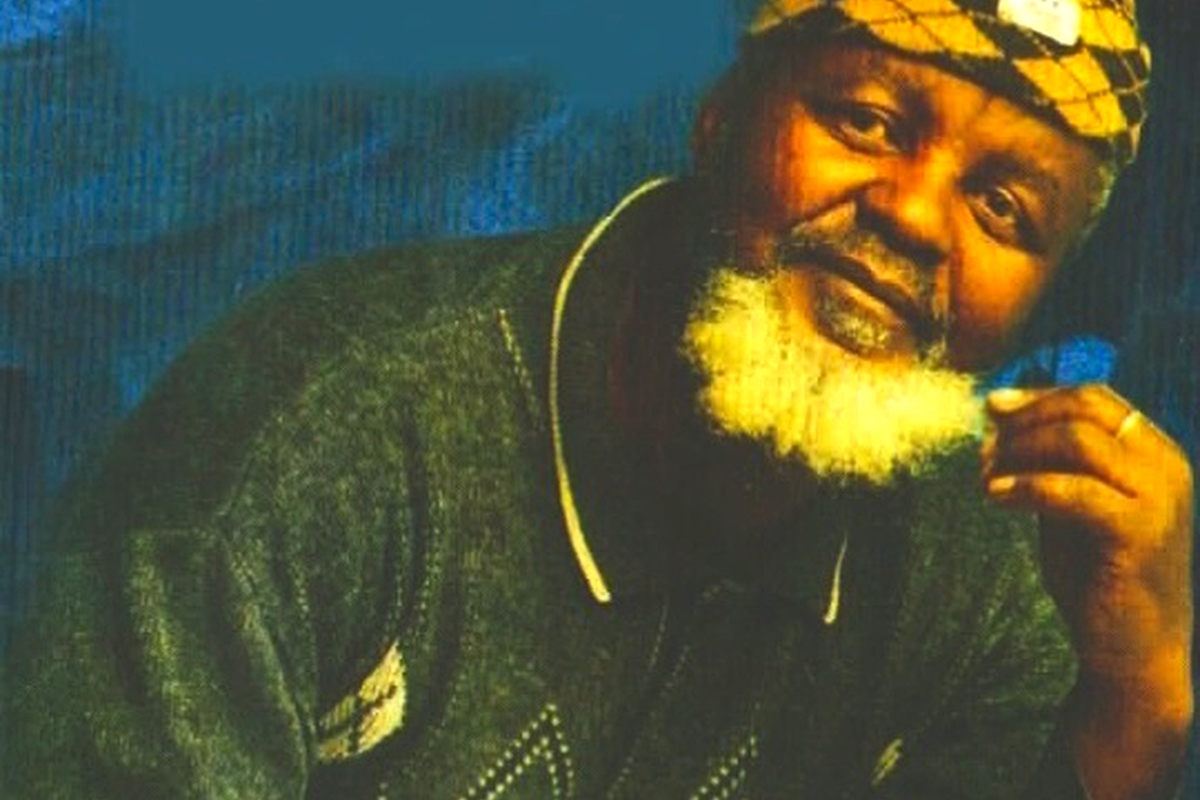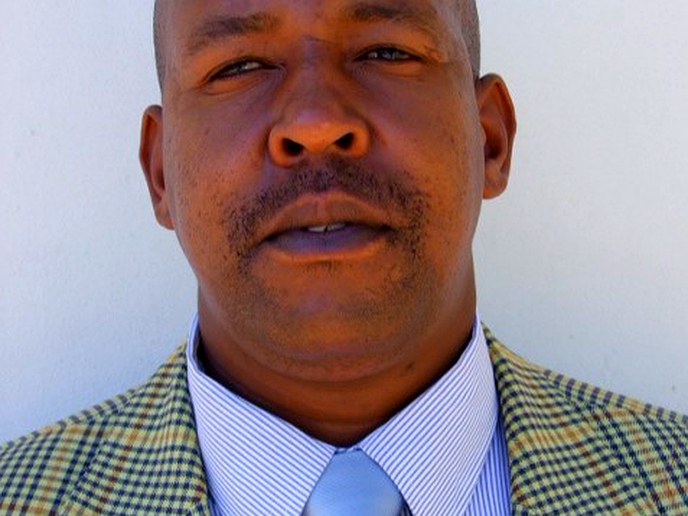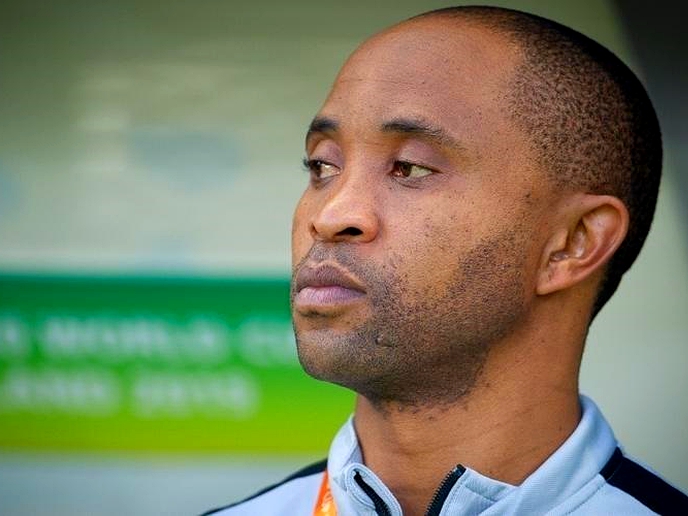FAMO music legend Forere Motloheloa better known as Phau-manyetse is remembered as one of the founding fathers of the popular Sesotho genre.
news
Feb. 23, 2021
STAFF REPORTER
5 min read
Iconic Phau-manyetse is remembered

The late famo artiste Forere Motloheloa aka Phau-manyetse
The iconic musician whose career spanned over five decades died last week after a long illness.
He was born 75 years ago in Ha Rafutho in the Berea district.
One of his loyal supporters – Lithobi Shale of Mafeteng, says he has always loved the artiste’s music as it talks about real life issues.
This is unusual because Mr Shale is from Mafeteng where the famo genre is different from the one played in the northern parts of Lesotho.
Even today, he still owns some of the earliest albums produced by Phau-manyetse because in his own words, “his songs help me to unwind after a long day’s work”.
He says fellow residents of Mafeteng used to mock him for listening to Phau-manyetse’s music, calling him a lost soul.
“His music is not only entertaining but it is educational as well,” Mr Shale says.
The late artiste’s music, he says will be played by generations to come as it teaches listeners how to be better human beings, adding that its lyrics are neither harsh nor derogatory like other famo music songs.
Seasoned famo artist, Mohlomi Apollo Ntabanyane who worked with the deceased for several years, describes his late colleague as a dedicated individual who was quite passionate about music.
Together Apollo and Phau-manyetse formed the once famous band called Tau ea Matšekha that made waves in the 1970’s until the nineties.
Apollo says his former partner’s death is a great loss both to the music industry and the Basotho nation at large, further describing his dead friend as a gentleman who was modest and always kind to other people around him.
“We started playing music together around 1968 at stockvels and local bars before he crossed the border to South Africa,” Apollo recalls.
With time, he says, the famo music industry became established and more artists chipped in.
“We grew up together as musicians since we both started as young men,” he also remembers.
They recorded their first album in 1968 but got nothing for their trouble. Although their debut album sold like hot cakes in the street, but when they demanded royalties, their producers told them that they did not have any stake in the monies.
“That was indeed a great loss because it could have changed our lives immediately,” a sad Apollo reminisces.
Later in 1968, the two young artistes signed a contract with a recording company and released their next album.
“We were paid R200 and later R1 000 each. That was when we realised that we could make a decent living out of our music,” he says.
Enjoy our daily newsletter from today
Access exclusive newsletters, along with previews of new media releases.
In his lifetime, Phau-Manyetse was a fanatic fan of Orlando Pirates and sang a great deal about his favourite South African soccer club.
His son, Tšepiso Motloheloa says starting from last month, his late father complained a lot about being dizzy and an aching body.
“The family took him to the doctor and we were told that there was no oxygen in his blood system. Another doctor also gave a similar diagnosis.
“I did not know what else to do so we took him to the Berea Government Hospital where he passed away after a few days,” he says.
A seemingly consoled Mr Motloheloa describes his father as a loving family man who was friendly with everybody.
Besides being a successful musician, Phau-Manyetse was also an officious farmer who planted maize and sorghum.
He personally worked in his fields when he was around, his son recalls.
“Even in the old days when he was still an active musician, he would take a break from the hectic industry and go to the fields alone to tend his plants,” Mr Motloheloa says.
In spite of his success, he says his father remained humble all his life and always advised him to be humane.
Phau-manyetse was a polygamist with two wives. He had six children - three with the first wife and three with the second.
But both wives died before him, the first passed away in 2006 with the second dying quite recently.
Mr Motloheloa says his father died while he was still in the process of establishing how his maiden album performed in the market.
“He was keen to know how many records were produced and how much money was made,” he says.
Tailored for you






